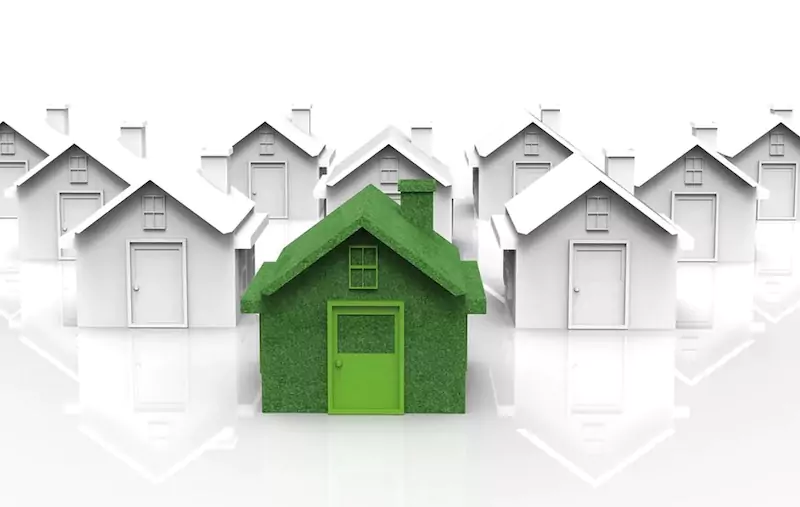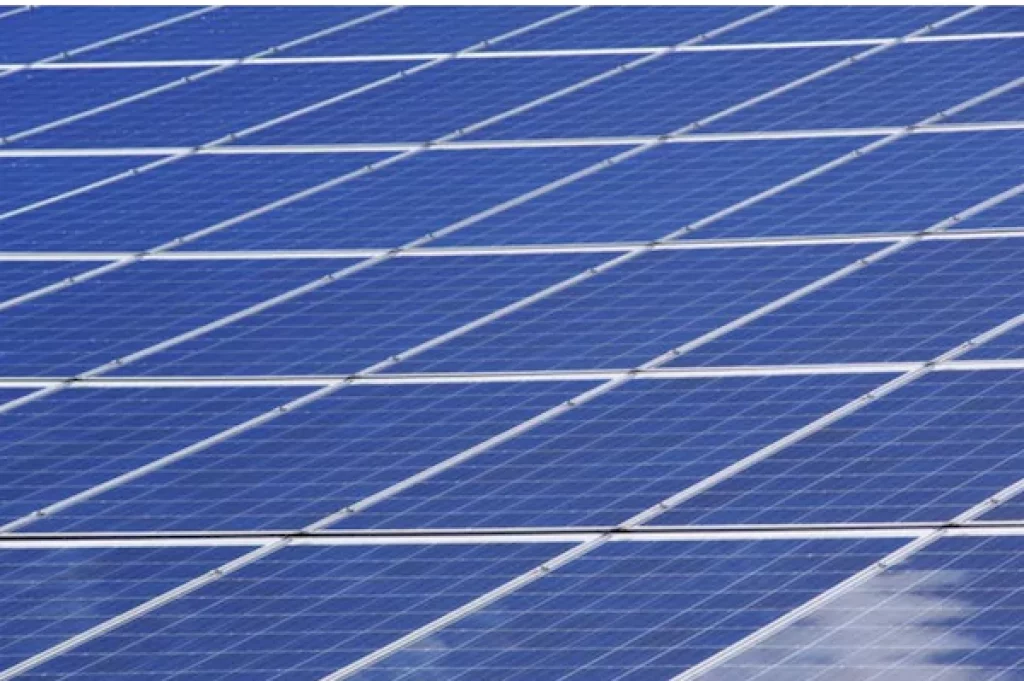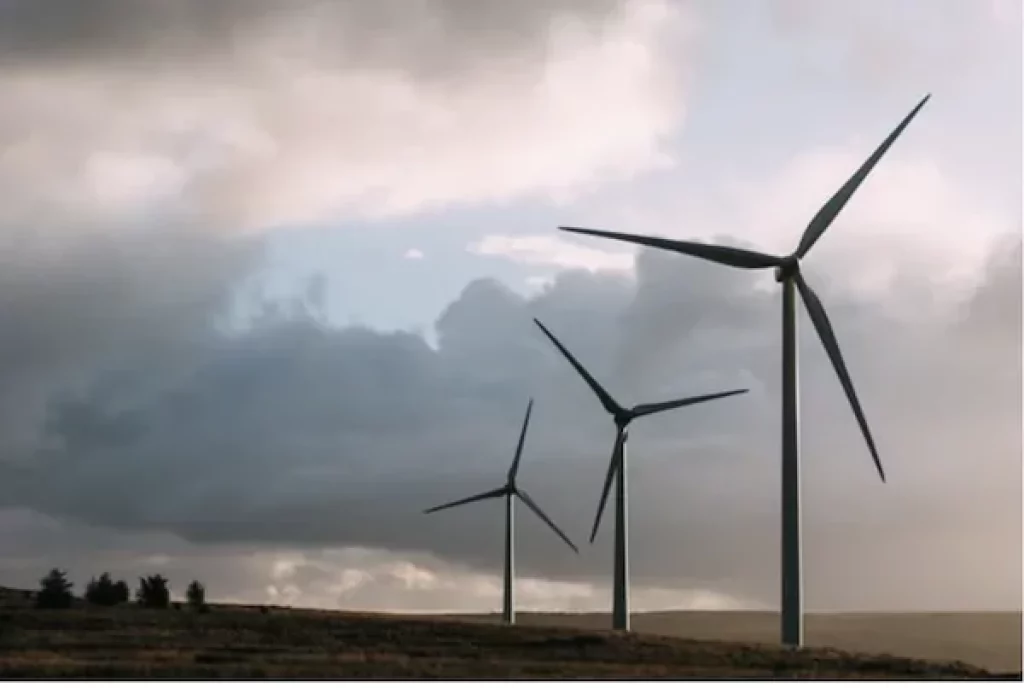Improving the Energy Efficiency of Your Home: 8 Smart Tips

As we all strive to be more eco-friendly and reduce our carbon footprints, it’s important to consider the energy efficiency of our homes. We can do many things to make our homes more energy efficient and save money on our energy bills in the process. It is estimated that the average home in the United States could save up to $500 per year simply by making some energy-efficient improvements. Here are 8 smart tips for improving the energy efficiency of your home.

1. Double-glazed windows
They are a great way to improve the energy efficiency of your home. They help to keep heat in during the winter and out during the summer, making your home more comfortable all year round. Additionally, they can also help to reduce outside noise. You can find Double Glazed Windows in Edinburgh if you live in the area that will perfectly meet your needs. If you live in a warmer climate, you might want to consider Low-E windows, which reflect heat away from your home. It’s important to do your research to find the best windows for your home and climate.
2. Use a programmable thermostat
Programmable thermostats can save you significant money on your energy bills by automatically adjusting your home’s temperature to suit your needs. For example, you can set it to lower the temperature when you’re not home and raise it again just before you arrive back.
This simple change can make a big difference to your energy consumption. Additionally, it’s a good idea to ensure that your home is well-insulated to reduce heat loss. Also, don’t forget to seal any gaps or cracks around doors and windows to improve your home’s energy efficiency further.
3. Educate your family about conserving energy
It’s important that everyone in the family is on board with conserving energy. Simple things like turning off lights when leaving a room or not running the dishwasher or washing machine until it’s full can make a big difference. You could even consider implementing an energy-saving challenge within your household to see who can reduce their consumption the most.
If everyone does their part, it can really add up. Educating your children about conserving energy is important so they can be responsible from an early age. This is a habit that will serve them well throughout their lives.
4. Use energy-efficient appliances
Whenever you need to replace an appliance in your home, make sure to choose an energy-efficient model. Look for appliances with the Energy Star label, as these are the most efficient models on the market. Energy-efficient appliances will use less energy and water, saving you money on utility bills in the long run. Additionally, they often come with other features that can be beneficial, such as shorter cycle times or improved performance. It’s a good idea to do your research to find the best appliances for your needs.
5. Change your light bulbs
One of the easiest ways to reduce energy consumption is to change your light bulbs. Traditional incandescent bulbs are very inefficient, so replacing them with compact fluorescent (CFL) or LED bulbs can make a big difference. CFLs use about 75% less energy than incandescents, and LEDs use even less.
Not only will you save money on your energy bills, but you’ll also need to replace your light bulbs less often. Additionally, make sure to use task lighting whenever possible to avoid using more light than necessary. Also, use natural light by opening curtains and blinds during the day.
6. Reduce water consumption
Water is another resource we often take for granted, but it’s important to conserve it whenever possible. There are several ways to reduce your water consumption, such as fixing leaks, installing low-flow fixtures, and only running the dishwasher or washing machine when they’re full.
You can also save water by using drought-tolerant plants in your landscaping. By taking some simple steps to reduce your water consumption, you can save money on your utility bills and help to protect this valuable resource. You can also collect rainwater to water plants or wash your car. It’s a good idea to have a few large barrels or tanks on hand to collect this water.
7. Consider solar power
Solar power is a great way to reduce energy consumption and save money on energy bills. Several different solar power systems are available, so you’ll need to research to find the best one for your needs. Solar power can be used to heat your home, provide hot water, or generate electricity.
It’s a good idea to consult with a solar power expert to find the best system for your home. Additionally, solar power can be a great way to reduce your carbon footprint and help to protect the environment. If you’re considering solar power, make sure to take advantage of any government incentives that are available.
8. Get an energy audit
If you’re not sure where to start when it comes to reducing your energy consumption, consider getting an energy audit. An energy auditor will come to your home and assess its energy efficiency. They’ll make recommendations for improvements to save money on your energy bills.
Many utility companies offer free or discounted energy audits, so it’s worth checking with yours to see if they offer this service. After getting an energy audit, you’ll have a better idea of where you can make improvements in your home. Also, remember that some of these improvements may require a significant investment, but they’ll save you money in the long run.

Following these tips can reduce energy consumption and save money on utility bills. It’s important to take action to improve your home’s energy efficiency so that we can all do our part to protect the environment. Additionally, less energy can help conserve resources and preserve the planet for future generations. It’s important to make small changes in your daily habits so that we can all make a big difference.

